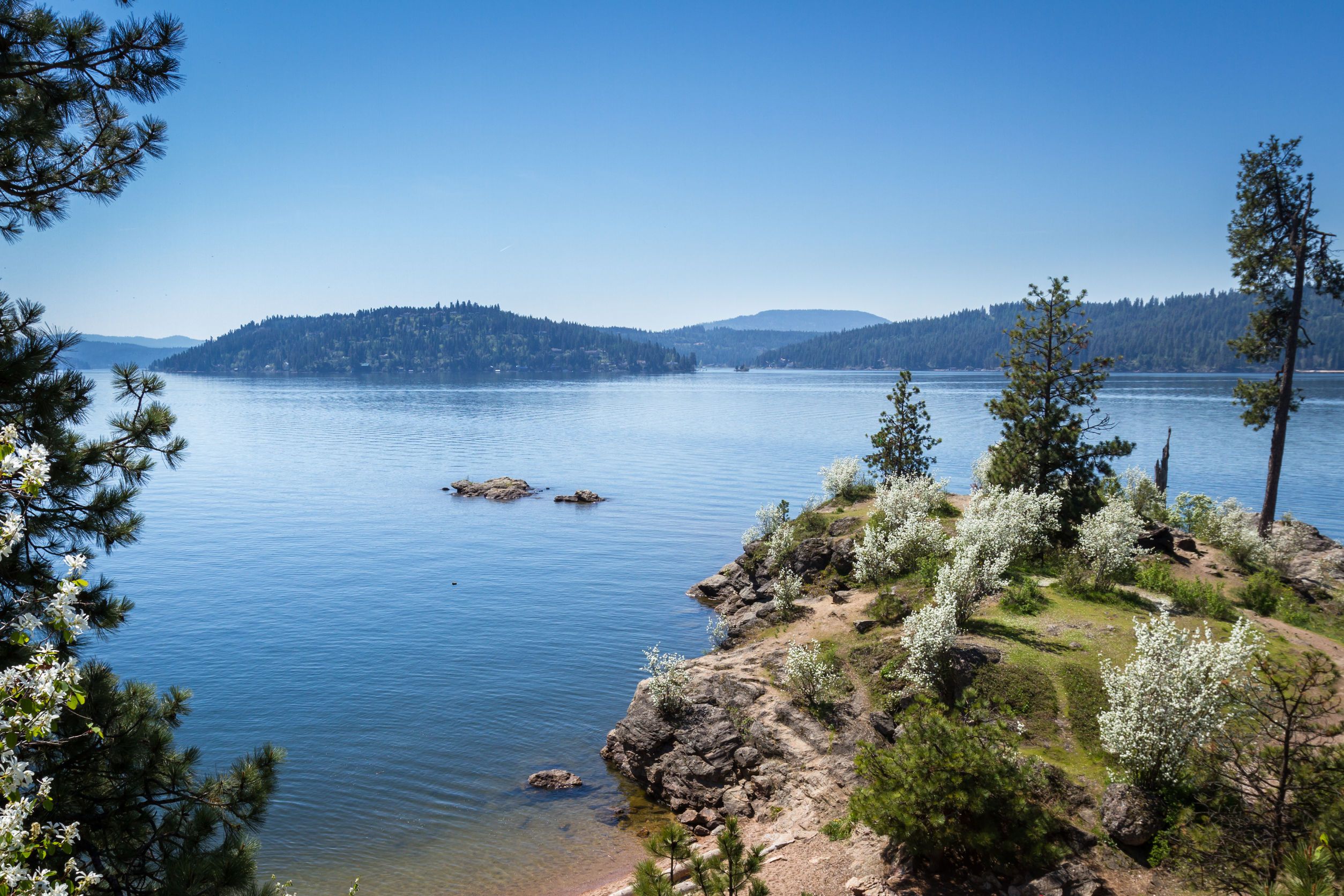Q&A with the CEO of Privateer Holdings
Global conquest was the original aim eight years ago, when Brendan Kennedy and his partners founded Privateer Holdings, a marijuana-focused private equity firm that today has interests on five continents.
“The international opportunity has been part of our DNA since we started in this industry in 2010,” Kennedy said.
Seattle-based Privateer, through its British Columbia-based cultivation company Tilray, is present in several countries outside the United States, including Canada, Germany, Portugal, Czech Republic, Croatia, Israel, Australia, New Zealand, Jamaica, Brazil and Chile. More countries will join that list this year, Kennedy predicted.
Privateer is focused on investment opportunities overseas because “the pace of change … seems to be happening at an even faster rate than inside the U.S,” according to Kennedy.
Privateer and its portfolio companies have raised more than $250 million. The lion’s share has been invested internationally. In January, the company completed a funding round that raised more than $100 million.
What’s your best international investment and why?
That would be Canada, over four years ago. That initial investment was part of the foundation that enabled us to build what we’ve built today.
Why did Canada provide such a strong foundation for international investing?
We found the fact that the Canadian government intended to issue federal licenses significantly reduced uncertainty and risk compared to what you see in the United States.
What’s the biggest international investment mistake you’ve made and how did you fix it?
When we make mistakes, the mistakes tend to be around timing. It’s very difficult to predict in this industry when certain events, certain milestones from a regulatory perspective, are going to occur.
I was in Germany almost two years ago, and it only took Germany a year to legalize. We were way early in Jamaica. We judged the timing wrong. We also came into Spain too early, and it’s still a very complicated, uncertain, high-risk market.
Is it possible to correct or avoid mistakes like that in the future?
I had an old boss in the venture capital industry who summed up our job as getting to “no” as fast as possible. That’s one of our key frameworks.
And when I think about international opportunities in the cannabis industry, that’s how we think about it. We don’t have any problems spending a lot of time, energy and resources investing in opportunity. But as soon as we determine this is not the right opportunity or it’s going to take too long, then we pull the rip cord and stop investing any additional time or resources in that country.
What’s the best example of when you said “no” to an investment?
A few years ago I went and looked at all the licensed producers in Israel and was under a lot of pressure to make an investment. All these entrepreneurs in Israel told me that the Israeli parliament was going to allow exports of medical cannabis from Israel within the next six months. I’ve been to Israel four or five times in the last five years, and every time I go, it’s, “We’re going to export medical cannabis from Israel in the next six months,” and here we are five years later, and no company can export medical cannabis from Israel. We never made that investment.
Is it possible to view the international market in terms of sectors? And if yes, which ones have the best opportunities?
I do think about it in sectors, but slightly different sectors than what you’re used to seeing in the United States. In nine of the countries where Tilray products are available, they are available through pharmacies. That is essentially medical retail in those countries.
We look at other countries around the world as cultivation opportunities. We have made significant investments in Portugal for a Tilray cultivation, processing and distribution facility. So climate and affordable labor costs were important. And tariff-free access to the European common market was an important factor in evaluating whether or not to put that facility inside the European Union or outside the EU.
Another category would be low-cost cultivation. And there are a number of opportunities where companies are looking at Colombia or Congo to cultivate cannabis as potential low-cost centers from where you can export cannabis products around the world.





